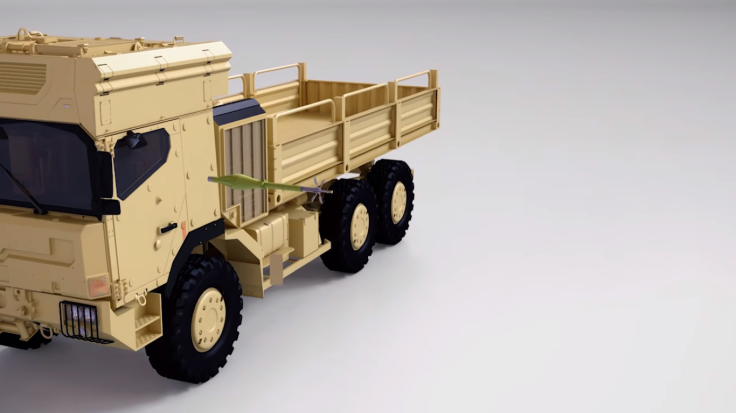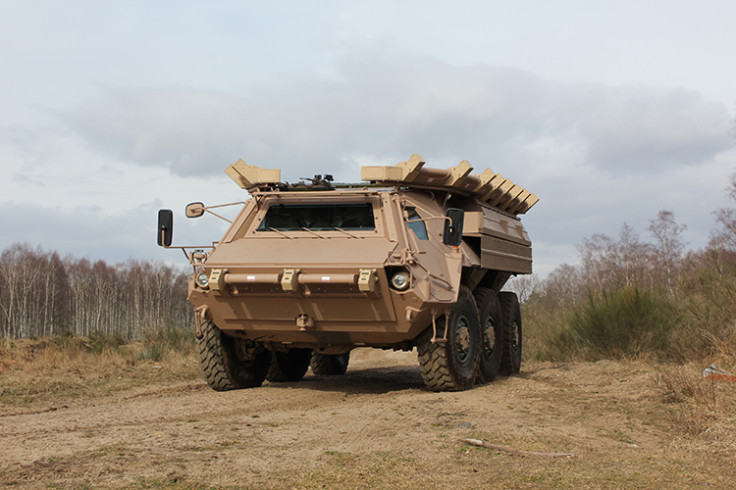German hard-kill active protection system disables incoming projectiles by shooting down at them
It has received one of the highest possible safety ratings in Germany.

A German defence contractor has made a ground vehicle protection system that engages with incoming projectiles and disables them before they hit the target. It has now become the first independently-assessed active protection system (ADS) ever.
The system has received an IEC61508 certification, which is one of the highest safety standards using the German Armed Forces' assessment methodology for weaponry safety, according to Rheinmetall – the makers of the ADS.
Unlike most other tank protection systems, this one does not have explosive shells attached to the outer layer of the vehicle it is attempting to protect. It also does not launch a countermeasure to kill the incoming projectile, like the trophy system, notes a report by Breaking Defense. According to Rheinmetall the ADS is a distributed system.
The system has several small charges spread out all over the tank where it hits incoming charges a few feet away, at point blank range, causing a small, but ineffective explosion that destroys anti-tank missiles or RPGs just before they hit.
It can be differentiated from a system like the Trophy or other reactive armours based on the way it deals with an incoming projectile. The Trophy launches a counter explosive charge that it fires directly at the threat, this causes a massive explosion, but keeps it away from the tank. Reactive armour stops armour-piercing shells from getting through the skin by small, localised explosions, throwing the projectile off. Both these measures are dangerous to friendly troops that might be in the vicinity of the tank, sometimes 30 to 40 feet away, notes the report.
ADS also has the advantage of shooting downward, so the projectiles fired from the tank go straight into the ground, meaning that the system causes minimal damage even in an populated urban environment.

Rheinmetall also say that they put ADS through rigorous trials. Breaking Defense reports that the company did not register any false positives even when the system was strapped to the side of a building and was left there for three years. This was to check if it reads birds or other creatures flying toward it as a projectile. They also drove a truck fitted with ADS through a car wash to see if rain triggers the system.
They even set off a leaf blower around it, firing leaves directly into the sensors to see if it would fail.
The ADS was also independently tested by German auditing firm TMS. The firm does safety testing for the "Bundeswehr" – the armed forces of Germany. It has already cleared IEC Safety Standard IEC61508, and by the end of this year, it will meet Safety Integrity Level (SIL) 3. The only higher possible score of SIL 4 is reserved for nuclear reactors, notes the report.
Getting certified at this level means the system is guaranteed to have a chance of malfunction with a tolerance of 1 in 1,000, which the report points out is significantly higher than everyday car airbags, which have a chance of malfunction rated at 1 in 100.





















